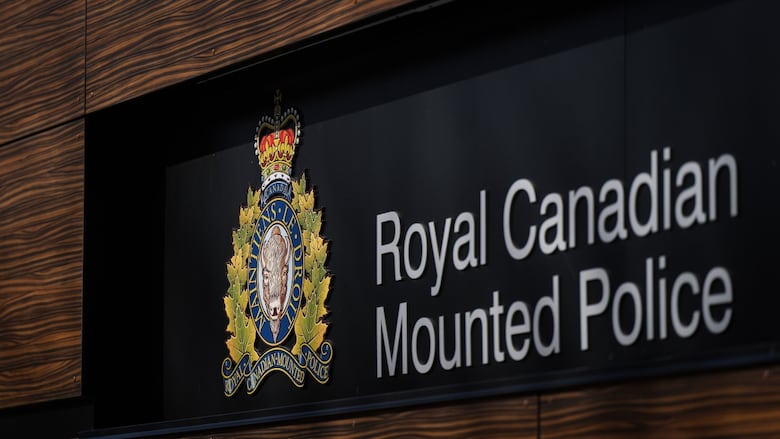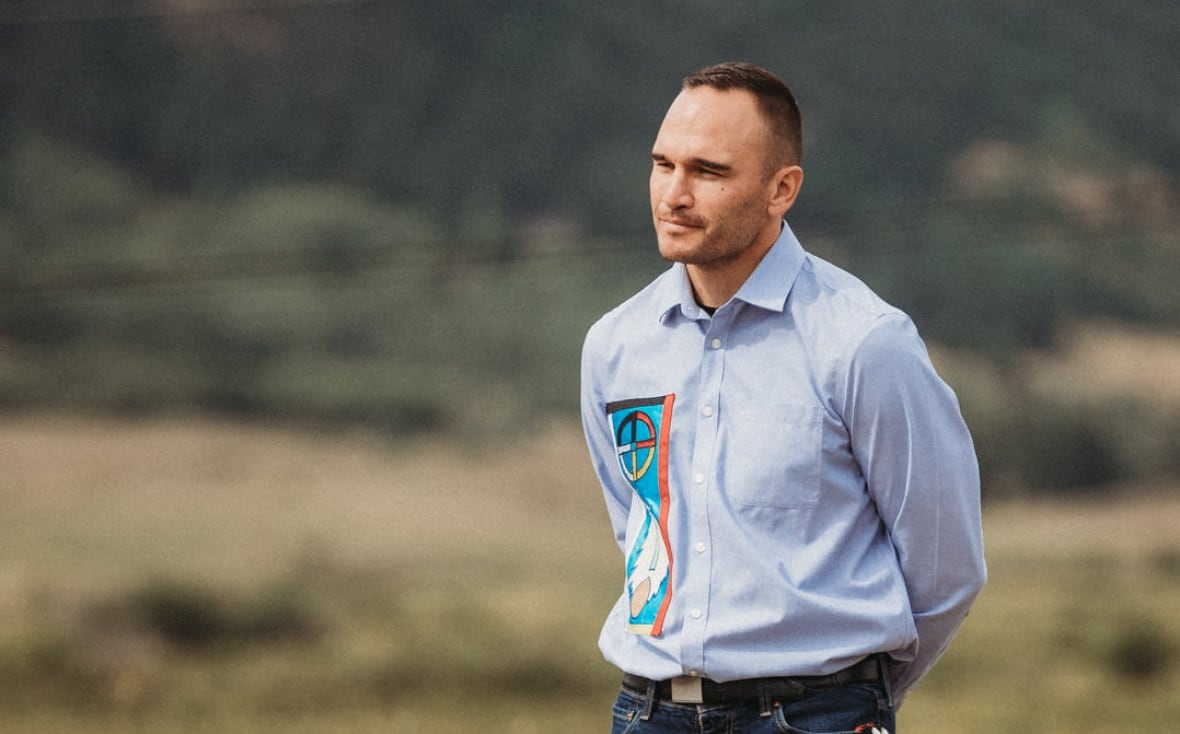Watchdog suggests review of how RCMP interact with Indigenous people, mental health calls
Report finds no criminal wrongdoing from police in death of Williams Lake man

B.C.'s police watchdog is recommending changes to how police interact with Indigenous people and communities, as well as people experiencing a mental health crisis, in the wake of an investigation into RCMP actions during an incident three years ago that left a Williams Lake, B.C., man dead.
B.C.'s Independent Investigations Office (IIO) released a report last week detailing the events of July 10, 2022.
The report states that just after 3:42 a.m. PT, a family member called police to report that a man was suicidal at their home in Williams Lake. Another family member said the man was intoxicated and had a loaded firearm.
According to the report, police, including crisis negotiators, tried to speak with the man several times, but were not successful. Tear gas was used in an attempt to get the man out of the house, items were thrown at windows to break them, and a drone was sent into the home to locate the man.
Tactical officers entered the home around noon and found the man dead. An autopsy confirmed he died by suicide.
While the investigation found no criminal wrongdoing on the part of police, the IIO said the incident raises questions about the relationship between police and Indigenous peoples.
"While the IIO's mandate does not include examining systemic issues in policing, it is important to acknowledge that Indigenous communities in Canada have long faced systemic discrimination by police," the report reads.
It said that discrimination becomes clear when you consider disproportionate rates of arrest and incarceration that Indigenous people face.
Williams Lake First Nation (WLFN) Chief Willie Sellars confirmed the man who died that day in 2022 was a member of the WLFN.
"He was a good friend, he was a family man, and we felt that [if the situation had] been handled differently, he would still be here today."

While police were cleared of criminal wrongdoing, he said he wants to see police held accountable for their actions.
"At the end of the day, you know, the safety of our community is of utmost importance. Having a working relationship with the RCMP is a part of that, and we understand that, too. But that relationship has to result in change in the way they carry about within the territory, and we have to hold them accountable at the same time."
Mental health calls
The report also said the incident raises questions about how police handle interactions with people experiencing a mental health crisis.
Jessica Berglund, the chief civilian director of the Independent Investigations Office of B.C., said there have been a number of studies showing that "military-style" responses to individuals in mental health crisis may not be the best option.
A 2010 report from the Mental Health Commission of Canada recommended police "use-of-force training" be reviewed by police academies and agencies to ensure plenty of time is made to learn how to resolve situations without the use of force, and that training keys in on symptoms of mental illness, verbal communications, interpersonal skills and de-escalation techniques.
"In this case, we don't know if those techniques used by the RCMP did contribute to the man taking his own life, but there's been so much input from Indigenous communities and the mental health profession saying that this is not the right way to try to de-escalate a situation where we are really trying to save that person's life," Berglund said during an interview on CBC's Daybreak Kamloops.
The report said family members asked why they weren't involved in negotiations. Crisis negotiators and other officers said friends and family are not typically included in attempts to speak with people in crisis to avoid the possibility of triggering the person.
"If you don't know if that person's a trigger, and you don't now what their motives are … and you interject with somebody who quite possibly could be the problem .. that's extremely dangerous," an unnamed crisis negotiator said in the report.
Berglund said the police did everything according to their training and policy in this case.
But she said she's forwarding recommendations to the Civilian Review and Complaints Commission (CRCC) for the RCMP to see if current protocols really are the best way to handle these situations.
The CRCC confirmed it had received the report and is reviewing it.
Sellars said he hopes the IIO's report will ultimately bring about change.
"There's definitely more work to be done," he said. "Progress is happening, but it's not happening quickly enough. It's stuff like this that sets back that progress."
If you or someone you know is struggling, here's where to look for help:
- Canada's Suicide Crisis Helpline: Call or text 988.
- Kids Help Phone: 1-800-668-6868. Text 686868. Live chat counselling on the website.
- Canadian Association for Suicide Prevention: Find a 24-hour crisis centre.
- This guide from the Centre for Addiction and Mental Health outlines how to talk about suicide with someone you're worried about.
With files from Marcella Bernardo